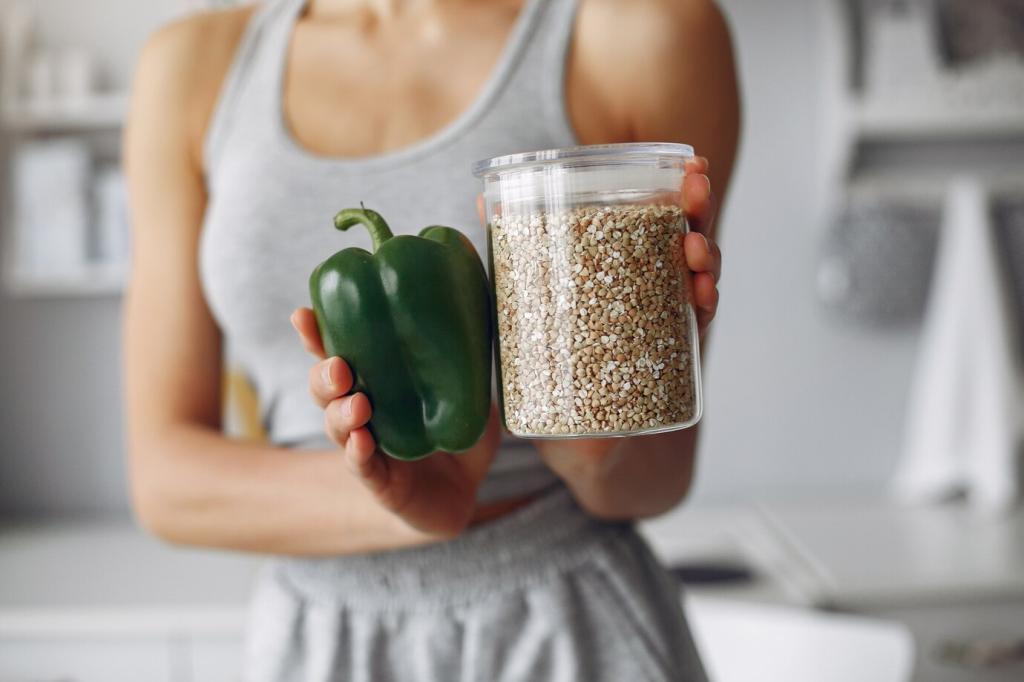Train Your Gut for Plant-Based Fueling
Fiber is fantastic for health, but the day before racing, shift to lower-fiber choices like white rice, peeled potatoes, sourdough, and ripe bananas. Keep familiar flavors. Practice this protocol on key workouts, then report whether your stomach behaved better and your pace held stronger.
Train Your Gut for Plant-Based Fueling
Gradually include yogurt-style soy, sauerkraut, kimchi, or kefir-style plant drinks to diversify your gut microbes. Some athletes perceive improved tolerance to mid-run carbs after a few weeks. Start small, be consistent, and share your observations so we can learn together without overhauling everything at once.







